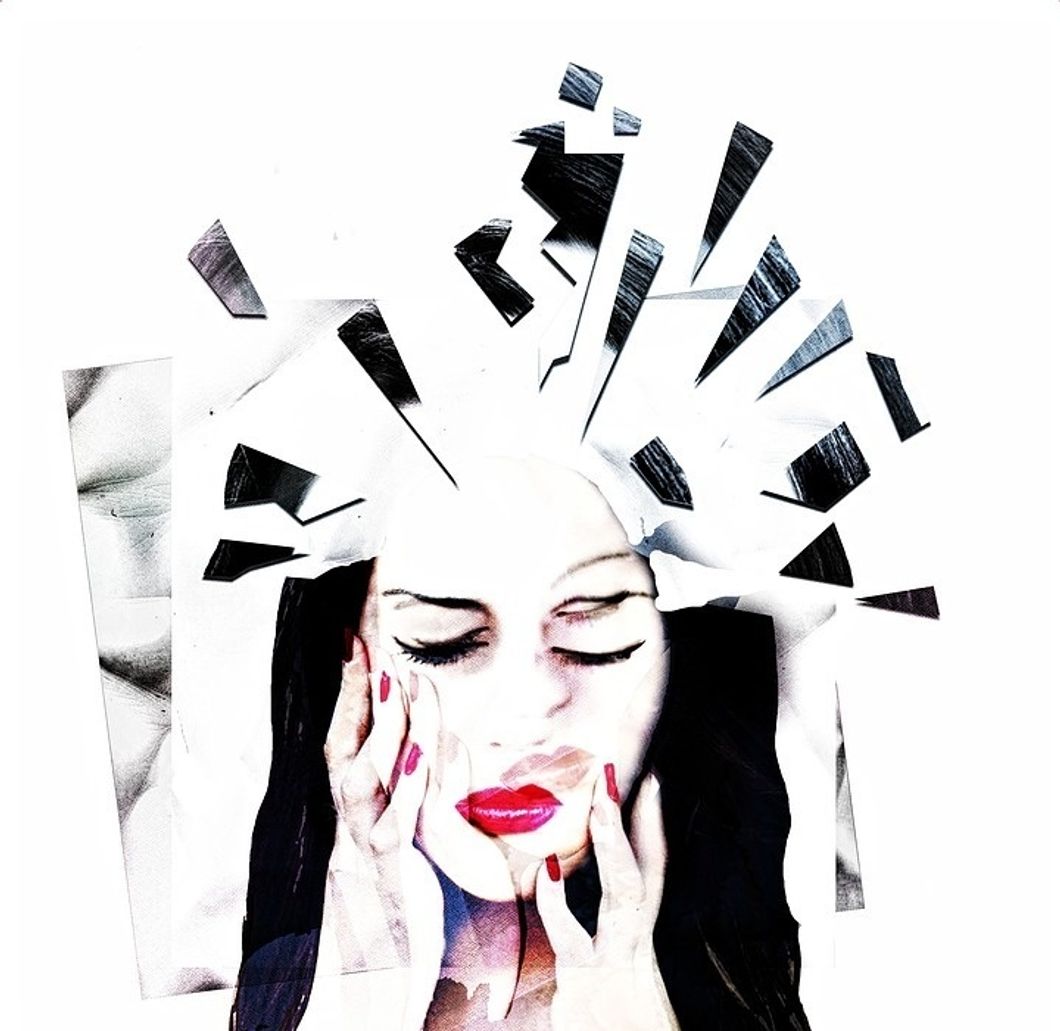Junior year of high school, I made a random decision to enroll in an intro to psychology class with our school's counselor. I knew absolutely nothing about the human psyche and wasn't really expecting much out of the class, but what I learned in that course changed the way I perceived myself and what I was suffering from.
I've always known I had severe anxiety, and so did my family, but I don't think anyone –including myself– really understood the scope of it. As a little girl, I would find myself having constant anxiety attacks that struck randomly, leaving me out of breath, shaken up, and numb; I didn't know why I was having these attacks, but I did know that they were simply a part of me.
It wasn't until the third grade that I started completing "rituals;" it's hard to explain, even now that I'm older, but basically I would do an activity a certain amount of times without knowing why I was doing it. For instance, I would find myself watching a movie with my family and then suddenly have the urge to tap my foot ten times; if I miscounted, I would have to start from the beginning or else –in my mind– something bad would happen. Completing these rituals got increasingly constant, and every time I completed them, I felt ashamed and embarrassed because I knew it wasn't normal.
I eventually learned to suppress the urge to complete these rituals and kept it a secret from my entire family; I pushed that part of my childhood to the very depths of my memory, but as I sat in my psychology class my junior year, everything changed. My teacher, Mrs. Breen, began a new lesson that specifically focused on anxiety disorders and obsessive-compulsive disorders; like any regular class, I was following along to the lecture and jotting down notes until the word "ritual" was spoken. I immediately froze as I listened to her explain that sometimes people suffering from OCD often perform rituals to cope with the overwhelming stress of dealing with obsessive thoughts. As the lecture continued, I felt completely and utterly shocked. As a kid, I thought I was alone in these urges and ashamed of my part in completing them; I had no idea where these urges stemmed from or where these thoughts amounted, but here I was, sitting in my psychology class listening to my teacher explain everything I experienced.
I walked out of that class completely stunned; all my life I was ashamed of my actions and confused as to what they symbolized, but here I was being told that I wasn't as alone and crazy as I once thought. From that point on, I decided to be more vocal about my internal sufferings because I never wanted to be that little girl who would hysterically cry because she felt utterly alone and different.
Sometimes it takes someone else to put words to one's suffering, and in my case, it took my high school psychology teacher to do just that. I now had a name for something that had plagued my life for many years, causing me to recognize the pain I had suffered and the realization that sometimes it's better to let people in on your suffering rather than relying on your own strength to overcome whatever is dragging you down.
Since that class, I have increasingly accepted the mental illnesses that I have been faced with and have become much more conversational and open about them. Rather than dubbing myself as crazy or unlucky, I have accepted myself for who I am and all of the things that come with it; I understand that the things I face are tough and unwanted, but it is up to me to overcome –or at least try to improve– my mental health.
Seeking the help of a professional, and even trusted loved ones, has helped me to accept my mental illnesses in more ways than I can count; just because I suffer from anxiety and OCD, doesn't mean I'm unworthy of happiness and a great life.

















